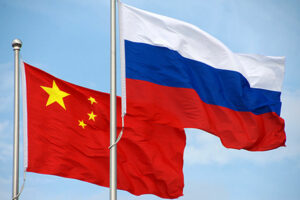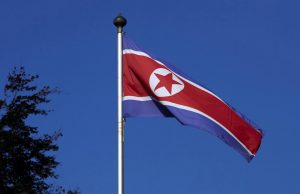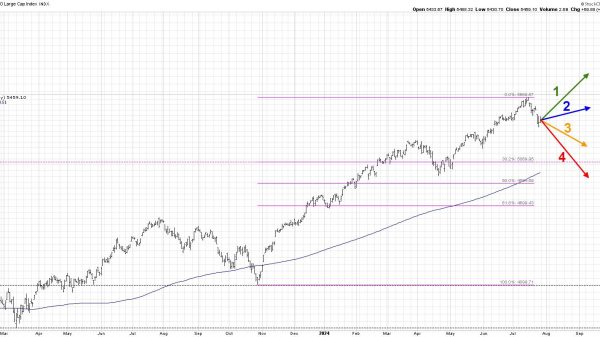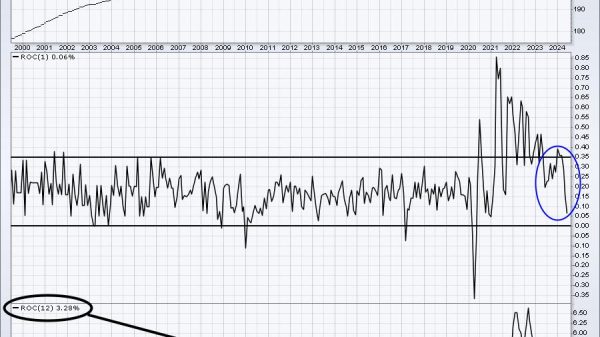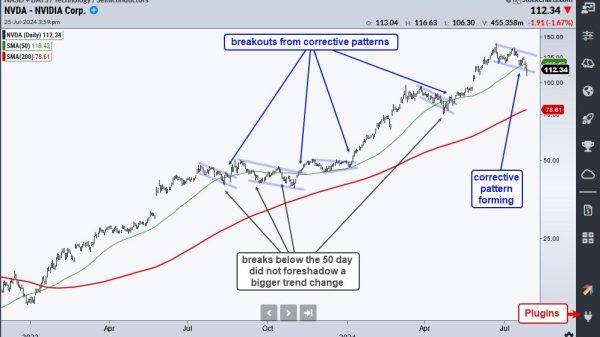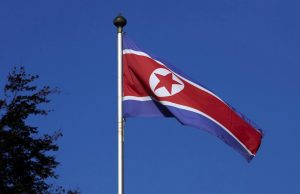SEOUL — North Korea’s recent flurry of missile launches has raised expectations that it could soon test a nuclear device for the first time since 2017.
North Korea has finished all technical preparations for a new test in the underground tunnels at the Punggye-ri Nuclear Test site, which has been shuttered since 2018, leaving the question of timing in the hands of leader Kim Jong Un, South Korean officials have said.
Here is what foreign officials and analysts have said about when and why North Korea might resume testing, what kind of device it could detonate, and what the international reaction may be.
WHEN WILL THEY TEST?
Only North Korea knows. And observers say even within the country there is a good chance that only Mr. Kim or those around him have any idea of exact timing.
North Korea is a particularly difficult target for US and other foreign spies, who have been caught off guard before by some of the country’s advances, including its test of a suspected hydrogen bomb and launch of intercontinental ballistic missiles (ICBMs) capable of striking as far as the United States, both in 2017.
“We usually have a pretty good idea of their capabilities that we can detect from satellites or other technical intelligence, but so much comes down to what’s in Kim Jong Un’s mind. And that we don’t really know,” said one Western military official in Seoul, who declined to be named because of the sensitivity of the issue.
Satellite imagery has shown North Korea working to restore some of the tunnels this year that were closed in 2018, when Pyongyang declared a self-imposed moratorium on nuclear weapons tests. Mr. Kim, however, has said he no longer feels bound by that moratorium, with denuclearization talks stalled since 2019.
A possible window for a test could be between the Chinese Communist Party congress, which begins on Oct. 16, and the midterm elections in the United States on Nov. 7, South Korean lawmakers briefed by its spy agency said last month.
Other considerations that may guide Kim’s thinking are the COVID-19 situation in the country, the war in Ukraine, local holidays, and signalling from partners in China and Russia, analysts said.
WHY AND WHAT WOULD THEY TEST?
If North Korea resumes nuclear testing, it could include development of smaller warheads meant for battlefield use — not attacking cities — and designed to fit on short-range missiles such as the one tested last weekend, analysts said.
The most recent flurry of missile tests involved units meant to operate tactical nuclear weapons, according to North Korean state media.
Smaller devices could also allow North Korea to fit multiple warheads on one ICBM, allowing a single missile to strike several targets and complicate missile defense.
North Korea has also said it wants to deploy much larger nuclear weapons, so analysts say that could be in the works.
“They’ve only conducted a pretty limited number of nuclear tests,” said Vann Van Diepen, a former Korea expert with the US government who now works with the 38 North project. “And any weapons developer… would want to have a lot more tests under their belt to have the highest possible confidence that these weapons are going to work.”
Mr. Kim is also seeking to legitimatize his weapons programme, and may use a test to increase pressure on Washington while its hands are full with the war in Ukraine and other crises, the Western military official said.
WHAT WOULD THE REACTION BE?
The United States and its allies in Asia have vowed that a resumption of nuclear testing “would be met with a strong and resolute whole-of-government response,” but have not elaborated. Missile tests have been met with unilateral sanctions and displays of military force, including joint drills and the deployment of a US aircraft carrier.
Previous North Korea nuclear tests also incurred United Nations Security Council resolutions that imposed sanctions, backed at the time by China and Russia.
Those two countries have blocked more recent attempts to impose new security council resolutions, however.
Analysts say neither Beijing nor Moscow is likely to welcome a new test, but that they are unlikely to back any major new punishments.
“They probably wouldn’t be keen on it. But I think that’s less of an issue for them now than it was five or 10 years ago give because of the nature of their relationship with the US,” Mr. Van Diepen said. — Reuters






